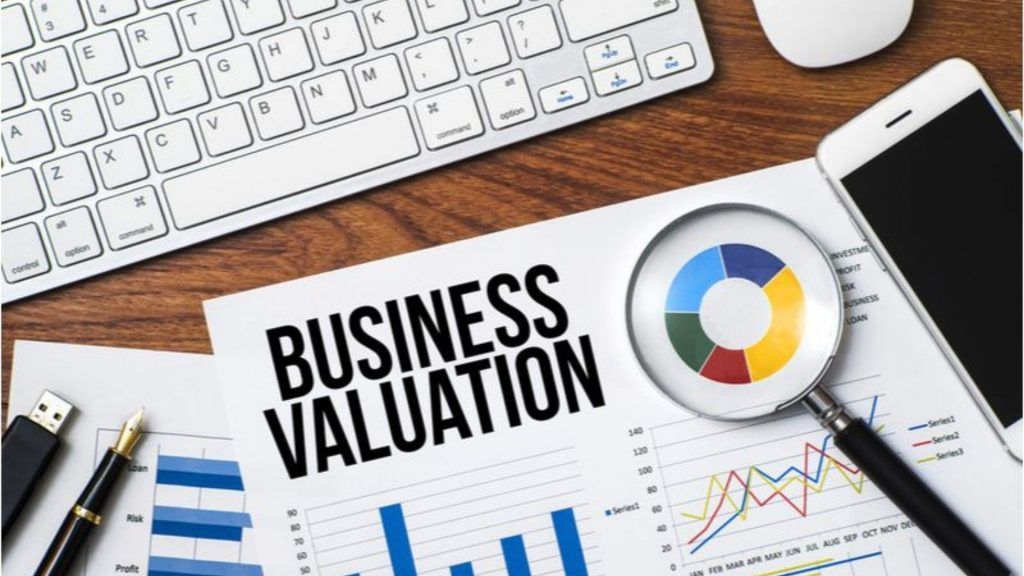For most business owners, their company is their largest asset and selling it starts with one critical question: what is it worth? Valuation isn’t about guesswork. It’s about financial performance, market realities, and how your business is positioned for the future.
Why Business Valuation Matters
Accurate valuation is the foundation of a successful sale. It:
- Sets a price that attracts buyers while protecting your bottom line.
- Establishes credibility with buyers, lenders, accountants, and attorneys.
- Helps avoid stalled deals during due diligence.
- Equips you with leverage during negotiations.
Most owners only sell once in their lifetime so getting the valuation right matters.
Top Business Value Factors
At BNO, we’ve seen firsthand the factors that most influence business value:
- Financial Results (Accounting Records)
Strong revenue, profitability, and positive cash flow are critical. Clean, complete accounting records make your business more desirable.
- Business Trend, Potential, and Scalability
Buyers pay a premium for businesses trending upward with clear growth potential.
- Recurring Revenue and Customer Loyalty
Predictable revenue streams—such as contracts or long-term customer relationships—signal stability and reduce buyer risk.
- Customer Diversification
A business dependent on one or two major clients is riskier than one with a broad customer base.
- Good Team and Lack of Owner Dependence
Buyers prefer businesses with strong teams in place and minimal reliance on the owner for daily operations or customer relationships.
- Separation from Competition
Proprietary products, strong branding, or high barriers to entry add value and protect market position.
Common Valuation Methods
While every business is unique, most valuations are based on one or more of these approaches:
- Earnings Multiples – A multiple of EBITDA (earnings before interest, taxes, depreciation, and amortization), adjusted for risk and industry.
- Asset-Based Valuation – Focuses on the value of tangible assets minus liabilities, useful for asset-heavy businesses.
- Market Comparisons – Looks at recent sales of comparable businesses in your industry or region.
- Discounted Cash Flow (DCF) – Projects future cash flows and discounts them back to present value, often used for high-growth businesses.
A broker will weigh multiple methods to ensure accuracy and maximize your position.
Critical Considerations in Business Valuation
Valuation isn’t just about running numbers—it’s about preparing for the reality of the sale:
- Price – Setting the right price maximizes value without scaring off buyers.
- Confidential Marketing – Protecting your employees, customers, and competitors from knowing your plans is essential.
- Financing – Deals depend on available financing. Experienced brokers bring the lender connections needed to close.
- Commitment & Creativity – Transactions can be complex. Brokers must be proactive, creative, and committed to keeping deals on track.
Why Work with Business Network of Ohio
BNO isn’t just another broker. We’re the preferred and referred business broker of attorneys, accountants, bankers, financial advisors, realtors, and satisfied owners across Ohio. Our approach combines valuation expertise with professional networks, confidential marketing, and creative deal-making to help owners achieve maximum price.
Find Out What Your Business Is Worth
The true value of your business depends on financial results, market factors, and how well-prepared you are for sale. By working with an experienced Ohio broker, you can uncover the real worth of your business—and position it to sell at the maximum price.Request a professional business valuation today and get the clarity you need to plan your next move.
